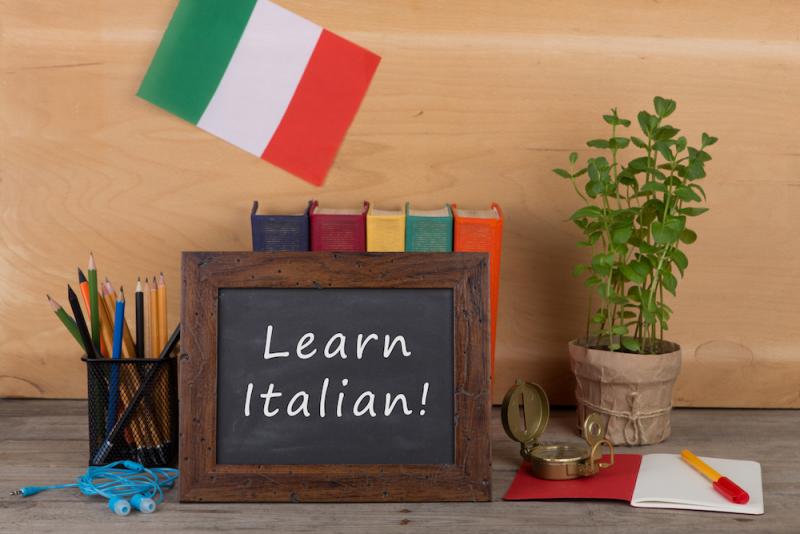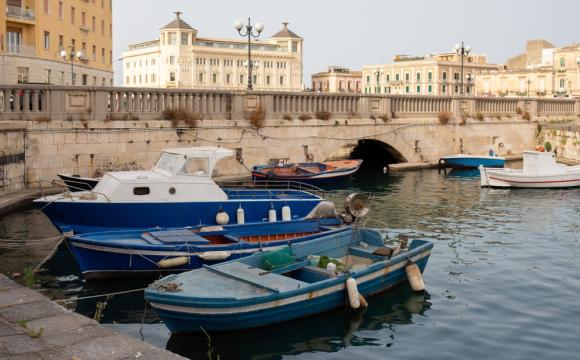There are a group of verbs in Italian called modal verbs. They are also known as helper verbs, as they help another verb, explaining intention, possibility, need or ability. For example:
Parlo italiano – I speak Italian
Voglio parlare italiano – I want to speak Italian
Devo parlare italiano – I must speak Italian
In all of these examples, the main verb is parlare (to speak), but the modal verbs voglio (I want) and devo (I must) tell us more about the circumstances around the main verb.
Verb tables
All modal verbs are irregular in Italian. They’re commonly used so worth learning by heart. Here they are below:
Volere – to want
Io voglio – I want
Tu vuoi – You want
Lui / lei vuole – He / she wants
Noi vogliamo – We want
Voi volete – You (plural) want
Loro vogliono – They want
Example: Loro vogliono andare in vacanza – They want to go on holiday
Potere – can / to be able to / may
Io posso – I can
Tu puoi – You can
Lui / lei può – He / she can
Noi possiamo – We can
Voi potete – You (plural) can
Loro possono – They can
Example: Noi possiamo fare una domanda? – Can we ask a question?
Dovere – must / have to
Io devo – I must
Tu devi – You must
Lui / lei deve – He / she must
Noi dobbiamo – We must
Voi dovete – You (plural) must
Loro devono – They must
Lei deve lavorare stasera – She has to work this evening
Sapere – to know how to / can
Io so – I know how to
Tu sai – You know how to
Lui / lei sa – He / she knows how to
Noi sappiamo – We know how to
Voi sapete – You (plural) know how to
Loro sanno – They know how to
Voi sapete cucinare? – Do you know to cook?
Rules
Most of the time a modal verb is followed by another verb. This verb is always in the infinitive, have a look at these examples below:
Voglio andare in Italia – I want to go to Italy (andare is the infinitive form)
Posso partire questo fine settimana – I can leave this weekend (partire is in the infinitive form)
Devo fare la valigia – I have to pack my suitcase (fare is in the infinitive form)
So parlare italiano – I can speak Italian (parlare is in the infinitive form)
Sometimes you will hear the modal verb used by itself, although the main verb is understood:
Vuoi venire alla festa? – Do you want to come to the party?
Mi dispiace, non posso – I’m sorry, I can’t
Vieni al museo con noi domani? – Are you coming with us to the museum tomorrow?
No, non voglio. Preferisco andare al mare -No, I don’t want to. I prefer to go the beach.
Perché studi così tanto? – Why are you studying so much?
Devo! Le lezioni sono molto difficili – I have to! The lessons are very difficult
To make a negative sentence with a modal, you just put non (not) before the modal. Here are some examples:
Non voglio quel telefonino – I don’t want that mobile phone
Non posso uscire? – Can’t I go out?
Non devo studiare stasera – I don’t have to study this evening
Non so nuotare– I don’t know how to swim / I can’t swim













